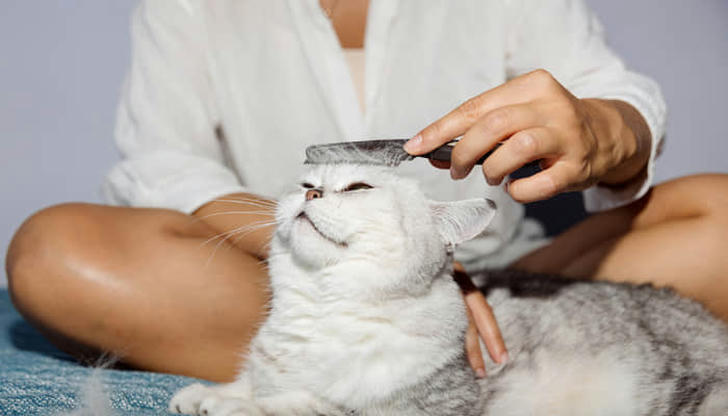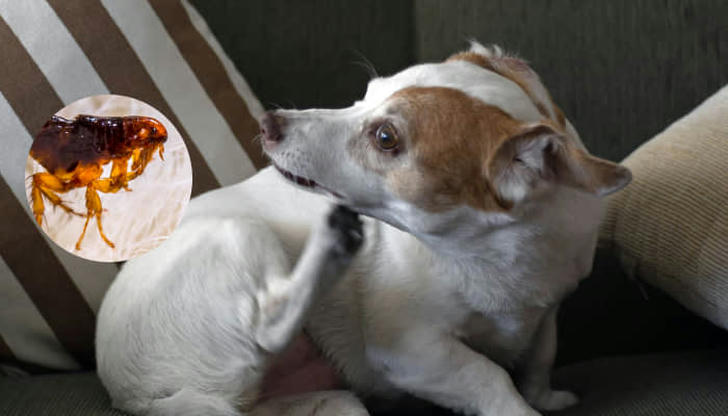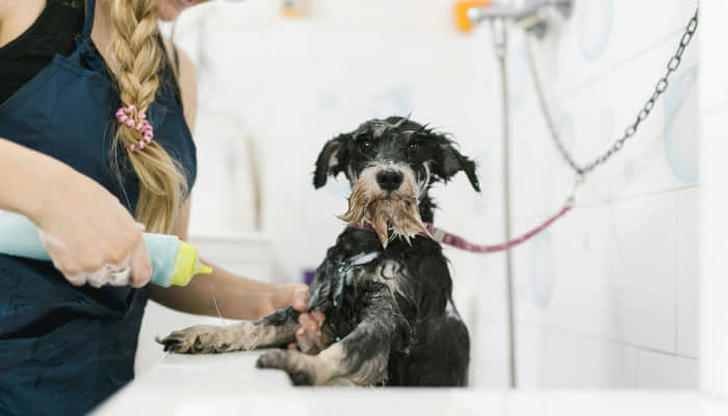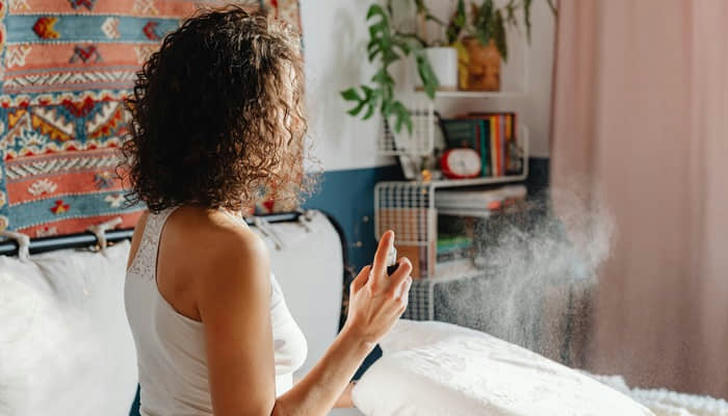Natural Ways to Get Rid of Fleas on Your Pets

Let's face it—fleas are a pervasive problem for pet owners. As temperatures rise and the days get warmer, these tiny invaders become more active, often prompting us to seek out harsh chemical treatments to keep our furry friends comfortable and itch-free. But before you grab that chemical flea treatment, consider the natural alternatives. Here's a comprehensive guide to keeping fleas at bay using safe and natural strategies.
What Are Fleas?
Fleas are small, reddish-brown insects that are roughly the size of a fingernail. They are well-adapted for jumping rather than flying, with powerful back legs that allow them to leap up to 80 times their height and 200 times their body length. This remarkable ability makes them incredibly difficult to avoid once they've infested an area. Fleas feed on blood, and their bites can cause intense itching and irritation, much like mosquito bites.

Historically, fleas have been notorious for their role in spreading the bubonic plague, as they carried the bacteria from person to person. While this is a historical concern, modern fleas still present significant discomfort and health risks to pets and humans alike.
How Do Pets Get Fleas?
Even if your pet is primarily indoors or enjoys limited time in the backyard, fleas can still find their way to them. Wild animals such as squirrels, rabbits, and birds can carry fleas and inadvertently transfer them to your pets during brief outdoor excursions. Additionally, fleas are opportunistic and can hitch a ride into your home on you, your visitors, or even on your belongings. Once inside, they quickly jump onto your pet to feed and lay eggs, perpetuating the cycle of infestation.
Signs Your Pet Might Have Fleas

If you're concerned your pet might have fleas, look out for these common signs:
• Excessive Itching and Scratching: Fleas cause intense itching due to their bites, leading your pet to scratch more frequently.
• Red Bumps or Pimples: Flea bites often cause small, red bumps or pimples on the skin.
• Hair Loss: Persistent scratching and biting can lead to bald patches or thinning fur.
• Dry or Flaky Skin: Flea saliva can irritate the skin, leading to dryness or flakiness.
• Skin Lesions: In severe cases, flea bites can cause open sores or lesions.
• Secondary Skin Infections: Continuous scratching and biting can lead to infections from bacteria or fungi.
Natural Ways to Eliminate Fleas on Your Pet

If you prefer to avoid chemical treatments, several natural remedies can help keep your pet flea-free:
Lemon Juice: The natural acidity of lemon juice can repel fleas. Dip a flea comb in lemon juice and comb through your pet's fur. This can help reduce the number of fleas and soothe the skin.
Apple Cider Vinegar: Fleas dislike the strong smell and taste of apple cider vinegar. Create a spray solution by mixing equal parts of water and apple cider vinegar in a spray bottle. Lightly spray your pet's undercoat and belly, taking care to avoid their eyes. This solution can help repel fleas and alleviate itching.
Essential Oils: Certain essential oils are known for their flea-repelling properties. Oils such as citronella, tea tree, peppermint, eucalyptus, and neem can be effective. Dilute 10-20 drops of your chosen essential oil in a spray bottle filled with water and lightly mist your pet's coat, avoiding their eyes. Be cautious with essential oils, as some can be irritating or toxic to pets, so always consult with your veterinarian before use.
Flea Shampoo: Opt for a natural flea shampoo to wash away fleas from your pet. These shampoos are formulated to be gentle yet effective, helping to remove fleas and soothe any irritation caused by bites. Regular use can help manage existing flea problems and prevent new ones.
Natural Methods to Remove Fleas from Your Home

Fleas can quickly spread through your home, taking refuge in warm, cozy places like your bed, carpets, and cushions. Here's how to tackle flea infestations naturally in your living space:
Lemon Spray: To create a natural flea repellent, slice a lemon thinly and add it to a pint of water in a saucepan. Boil the water and let the lemon steep overnight. The next day, transfer the mixture to a spray bottle and lightly spray your furniture and carpets. Avoid soaking; a light misting is sufficient to deter fleas.
Diatomaceous Earth: This natural powder is made from fossilized algae and works by drying out the exoskeletons of fleas, causing them to die. Sprinkle a thin layer of diatomaceous earth over areas where fleas are suspected, such as carpets and pet bedding. Leave it for two days to allow it to work, then vacuum it up thoroughly.
Wash Bedding: Fleas cannot survive high temperatures. Wash all bedding, including sheets, throws, and pet beds, in hot water. This will kill any fleas and their eggs, helping to break the flea life cycle.
Can Fleas Live on Humans?
Fortunately, fleas prefer the fur of pets to the skin of humans. However, if you handle a flea-infested pet, you might experience flea bites. While fleas won't establish themselves on human skin, their bites can cause itching and discomfort. To avoid this, make sure to treat both your pets and your home to prevent fleas from spreading.
By using these natural methods, you can effectively manage and prevent flea infestations while keeping both your pets and your home safe and healthy. Embracing these gentle strategies not only protects your furry friends but also contributes to a cleaner, more comfortable living environment for everyone.

